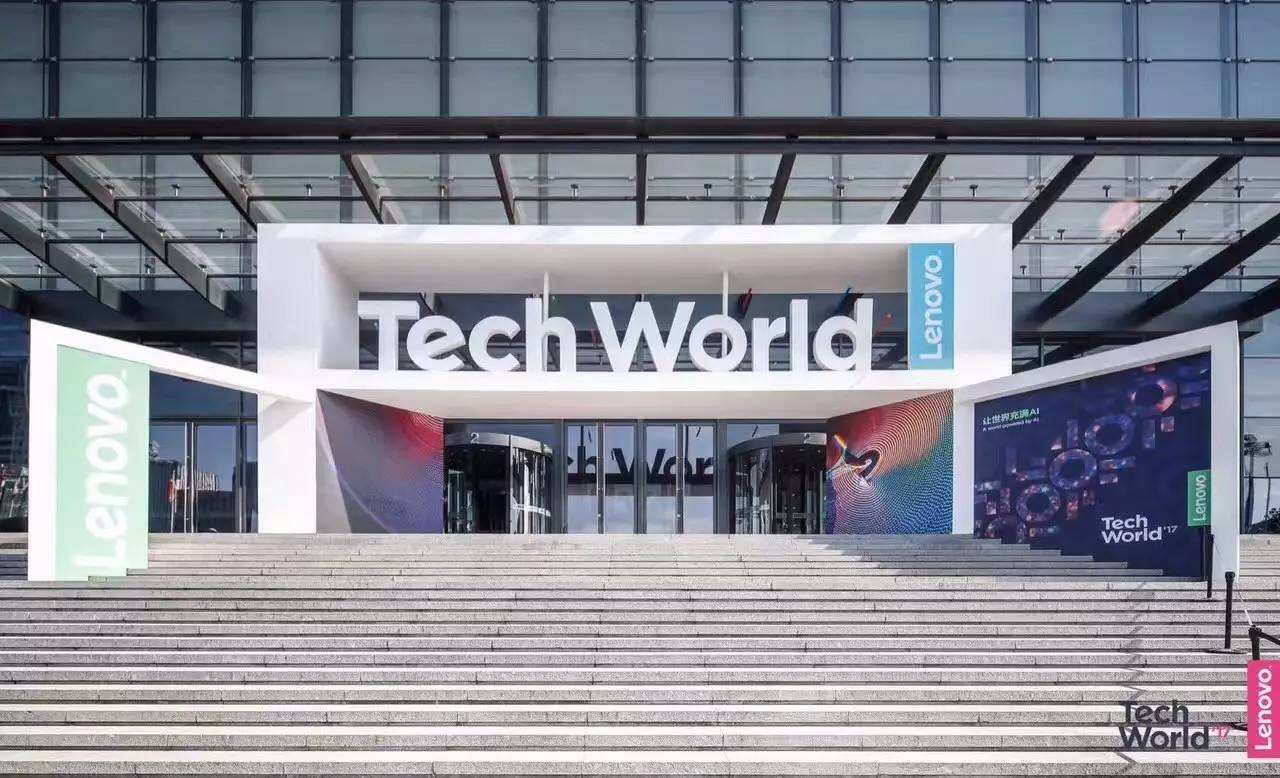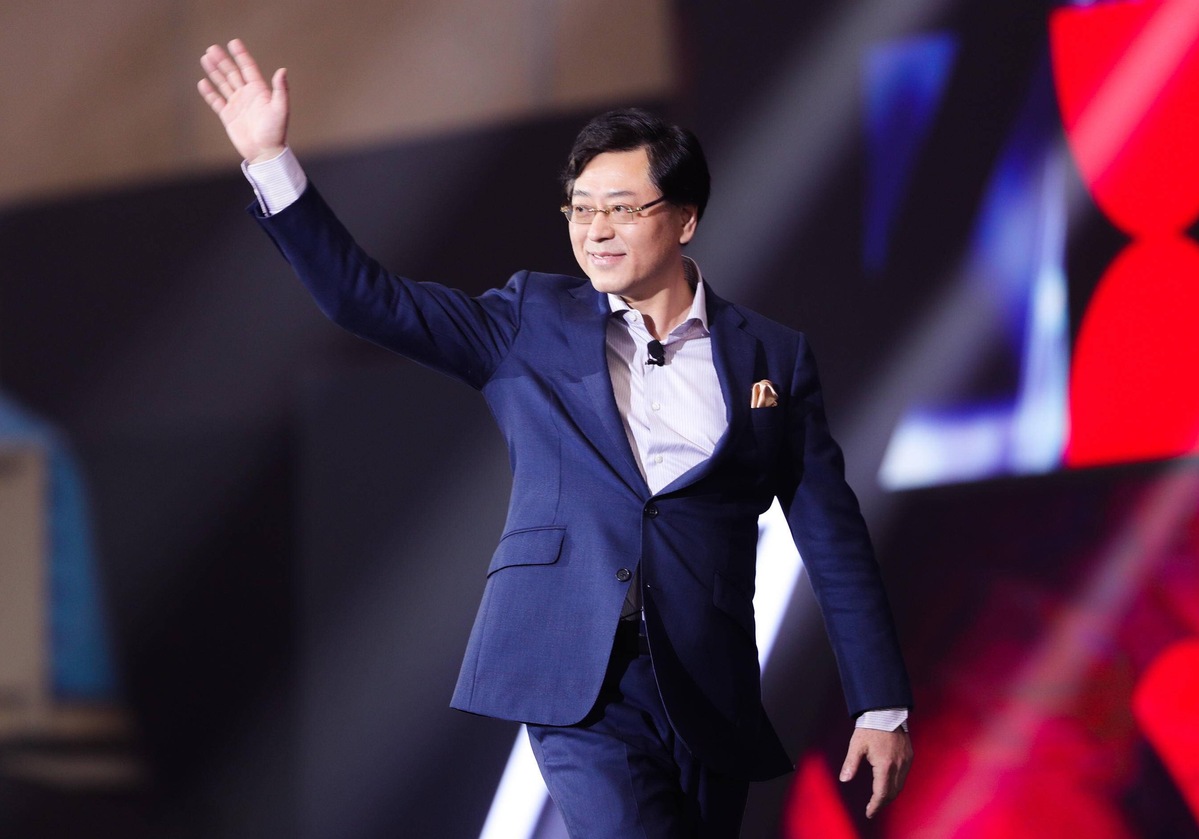
Lenovo Group Ltd aims to this year increase its annual revenue by $5 billion from the $50 billion the Chinese tech company recorded in 2018.
Yang Yuanqing, Lenovo chairman, said Thursday in an interview in Beijing that this year the company's personal computer and smart device unit aims to increase its revenue by $3 billion, partly driven by strong growth potential in China.
"China is the largest market for a string of consumer electronics, but the sales of its PC market is just two thirds of that of the United States, signifying that there is still a big potential for growth in the country," Yang said.
China's PC penetration rate is currently only about 20 percent, while in developed countries the number is generally around 70 percent. In the United States the number stands as high as 90 percent, according to a Chinese Academy of Social Sciences report.
According to Yang, although the global shipment of PCs continues to decline, the demand for PCs that are thin or can deal with complicated computing tasks is still strong, and PCs tailor-made for gaming are also popular.
Lenovo in 2018 regained its title of the biggest player worldwide in the PC market, beating US company HP Inc.
In 2018 Lenovo had a 22.5 percent share of the global PC market, with shipments of 58.467 million units.
The figures were higher than the previous year's – 20.8 percent and 54.669 units, according to data from consultancy Gartner.

Yang's statement came after Lenovo's PC and smart device unit contributed to about 89 percent of the company's revenue in the quarter ending December, 2018.
But the company is also working to find new revenue streams.
In 2018 Lenovo successfully achieved a turnaround in its mobile business, which focuses primarily on smartphones. This year it aims to grow the unit's revenue by $1 billion.
Lenovo is also pushing ahead with its new strategy in three areas of smart technology.
"We would like to bring smarter technology to all, from consumers to small business services, and from commercial to enterprise and even telecom customers," Yang said.
He said the three areas of "smart" technology are smart internet of things, which forms the essential texture for the connected world; smart infrastructure, which provides the computing, storage and networking power to support intelligence, and smart verticals which provides intelligent solutions from end to end to solve customers' real problems.